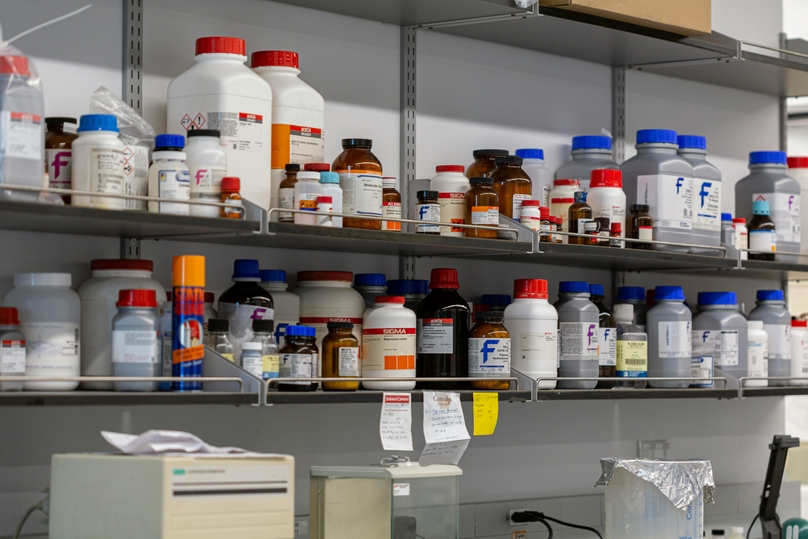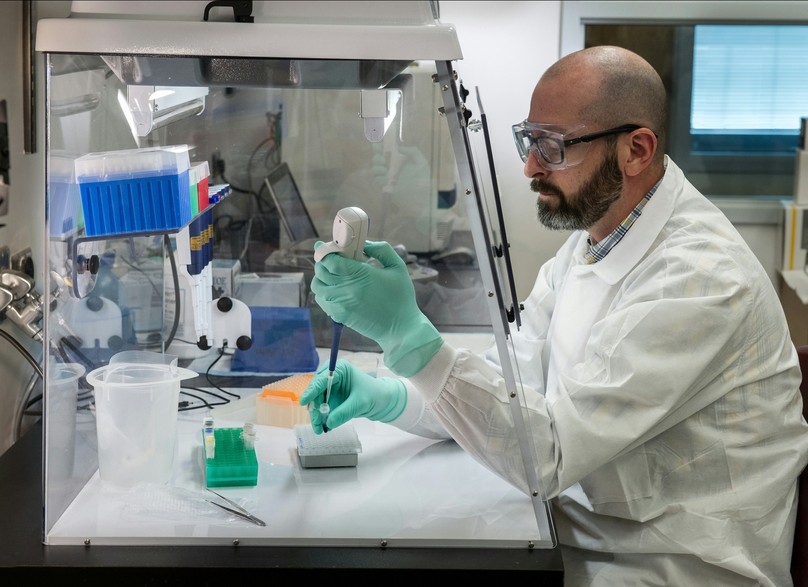In today's digital age, laboratories are increasingly embracing the electronic laboratory notebook (ELN) as a transformative tool for data management and intellectual property (IP) protection. An ELN serves as a digital counterpart to the traditional paper-based laboratory notebook, offering enhanced capabilities for data organization, collaboration, and security.
In this article, we delve into the significance of the electronic laboratory notebook in protecting intellectual property. By streamlining data management and ensuring the confidentiality of research, ELNs contribute to the optimization of laboratory quality management systems and the preservation of invaluable scientific discoveries.
Streamlined Data Organization and Accessibility
The adoption of electronic laboratory notebooks (ELNs) streamlines data organization, transforming the way laboratory research is recorded, stored, and accessed. With traditional paper-based systems, researchers often face challenges in locating and sharing critical information. However, ELNs provide a structured and searchable database, enabling quick and efficient retrieval of past experiments, research findings, and protocols.
By consolidating all data in a centralized and electronic format, ELNs facilitate seamless collaboration among research teams. Multiple users can simultaneously access and contribute to the notebook, promoting knowledge sharing and enhancing productivity. This streamlined data organization fosters a more agile and informed approach to scientific research, ultimately contributing to the laboratory's overall quality management system.
Secure IP Protection and Confidentiality
Intellectual property is the lifeblood of scientific innovation, and safeguarding it is paramount for laboratories. ELNs offer robust security features that protect sensitive research data and ensure confidentiality. Advanced encryption protocols and user access controls ensure that only authorized personnel can view, edit, or share specific information.
Moreover, ELNs maintain a comprehensive audit trail of all activities, allowing administrators to track data modifications and user interactions. This ensures data integrity and enhances transparency in the research process. By providing a secure environment for intellectual property protection, ELNs instill confidence in researchers, allowing them to focus on their work without concerns about data breaches or misappropriation.
Version Control and Data Integrity
Maintaining accurate and well-documented records is crucial for scientific research and IP protection. ELNs offer sophisticated version control mechanisms that track changes made to entries over time. This feature ensures a chronological history of experiments and revisions, eliminating the risk of data loss or accidental alterations.
Furthermore, ELNs prevent data tampering and manipulation, as entries cannot be altered without proper authorization and a detailed audit trail.
Compliance and Reproducibility
In the scientific community, compliance and reproducibility are essential for building trust and credibility. ELNs play a significant role in promoting compliance with industry standards and regulatory requirements. By enforcing standardized data entry and documentation practices, ELNs contribute to consistent and replicable research outcomes.
Moreover, ELNs support the electronic capture of metadata, allowing researchers to preserve essential contextual information alongside experimental data. This fosters the reproducibility of experiments and ensures that other researchers can verify and build upon the work, reinforcing the laboratory's reputation as a source of reliable and high-quality research.
The electronic laboratory notebook emerges as a pivotal tool in safeguarding intellectual property and enhancing laboratory quality management systems. By streamlining data organization, providing secure IP protection, ensuring data integrity, and promoting compliance and reproducibility, ELNs revolutionize the way laboratories manage their research data. As the scientific community continues to embrace digital transformation, ELNs will undoubtedly play an increasingly essential role in preserving invaluable discoveries, fostering collaboration, and advancing scientific knowledge.















